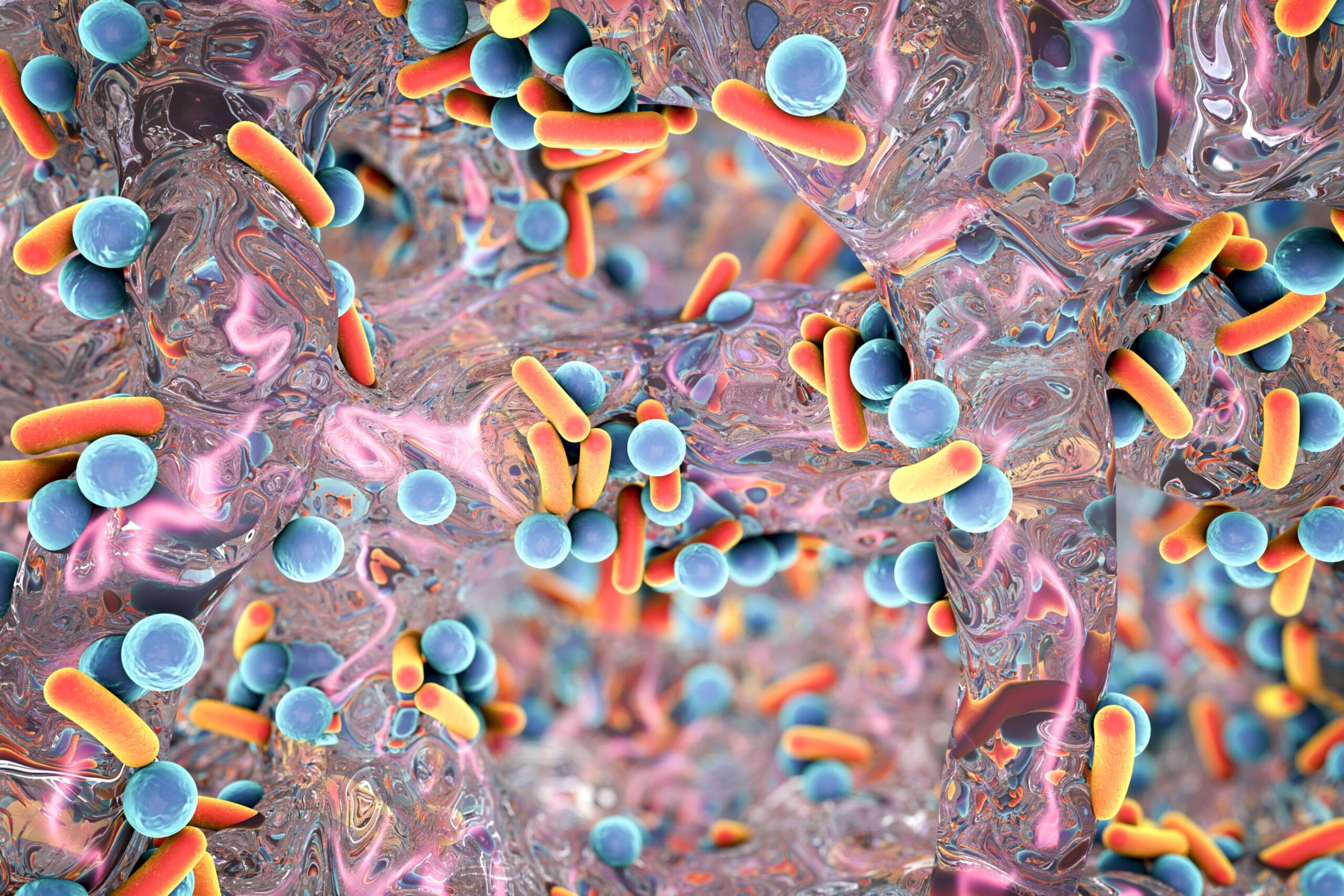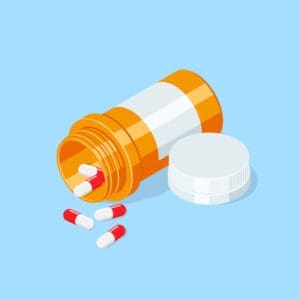5005 S. Cooper St.
Suite 250
Arlington, TX 76017
UTI Spells Pain and Misery

Don’t Suffer With Awful UTIs
What is a urinary tract infection?
A urinary tract infection (UTI) is a bacterial infection of the urethra, bladder or kidney. The most common symptoms include a frequent and urgent need to go to the bathroom, along with a burning sensation during urination. Other symptoms can include lower abdominal or pelvic pain, fever, blood in the urine and milky, cloudy or pink urine.

Not all UTIs are the same.
There are three types of urinary tract infections.
Cystitis is an inflammation of the bladder and the most common UTI. It usually occurs in women. Brief and acute, cystitis only affects the surface of the bladder.
Urethritis is an inflammation of the urethra. It is often contracted through sexual intercourse, but can also be triggered by trauma to the genital area or by use of a catheter.
Pyelonephritis refers to the spread of bacteria from the bloodstream to the kidney. Symptoms include fever, pain in the back or side below the ribs, nausea and vomiting. Kidney infections are more serious and less common than bladder infections.

What causes a UTI?
When bacteria that normally live in the colon or rectum enter the urethra, they multiply and travel to the bladder. The bacteria settle into the bladder wall. Women are more susceptible to UTIs than men because they have a shorter urethra. Some individuals—usually women—experience chronic UTIs (three or more per year).
While genetics and family history can increase an individual’s risk for a UTI, other factors can contribute to them, including:
- Sexual intercourse
- Contraceptive spermicide
- Pregnancy
- Low estrogen (especially post-menopause)
- Diabetes
- Weakened immune system
- Catheter use

How are they treated?
- Depending on the severity of the bacterial infection, oral antibiotics may be prescribed by the doctors for UTI treatment. A three-day course is most common, although the duration depends on the severity of the infection along with the type of antibiotic prescribed.
- Prevention is actually one of the best strategies for dealing with UTIs. A few proactive behaviors can help keep harmful bacteria from entering the urethra.
- Empty the bladder every two to three hours helps flush harmful bacteria out of the bladder and urethra.
- Use soap and water or cleansing wipes several times a day to keep the urethral area clean. Women are encouraged to wipe from the front to the back following urination and bowel movements. The proper cleaning and storing of catheters is also important.
- Limit the number of sexual partners to reduce the risk for UTIs.
- Choose a type of birth control that doesn’t increase the risk of UTI infection. Diaphragms and spermicidal jelly and foam have been linked to an increased risk for infection.
- Vaginal estrogen can reduce a woman’s risk for recurrent UTIs by repopulating the normal vaginal lactobacilli that keep bacteria from the rectum from multiplying and causing a bladder infection.

Health Navigator
- Harrison “Mitch” Abrahams, MD
- Jeffrey Charles Applewhite, MD
- Jerry Barker, MD, DABR, FACR
- Paul Benson, MD
- Richard Bevan-Thomas, MD
- Keith D. Bloom, MD
- Tracy Cannon-Smith, MD, FMS
- Paul Chan, MD
- Kara Choate, MD
- Lira Chowdhury, DO, FACOS
- Weber Chuang, MD
- Adam Cole, MD, FS
- M. Patrick Collini, MD
- Zachary Compton, MD
- Adam Hollander, MD
- Patrick A. Huddleston, MD
- Justin Tabor Lee, MD
- Wendy Leng, MD, FPMRS
- Alexander Mackay, MD
- Tony Mammen, MD
- F.H. “Trey” Moore, MD
- Geofrey Nuss, MD
- Christoper Pace, MD
- Jason Poteet, MD
- Andrew Y. Sun, MD
- Scott Thurman, MD
- James Clifton Vestal, MD, FACS
- Keith Waguespack, MD
- Diane C. West, MD
- Keith Xavier, MD, FPMRS
Related News & Information
Ready to Wave Goodbye to Erectile Dysfunction?
Erectile dysfunction complicates the sex lives of many men—millions, in fact. Yes, ED is frustrating and embarrassing. It can even be depressing. But there’s one thing it’s not—inevitable.
We Are Your Specialists for Urinary Tract Infections
Call for an Appointment

Finding the Right Antibiotic for UTIs Shouldn’t Be Guesswork
Who knew three little letters could be the source of such misery? For millions of people, a urinary tract infection—UTI—is a cruel and invisible form of torture. Agonizing symptoms can include a burning sensation during urination, the frequent and urgent need to go, fever, blood in the urine, pain in the lower abdomen or pelvic area.

